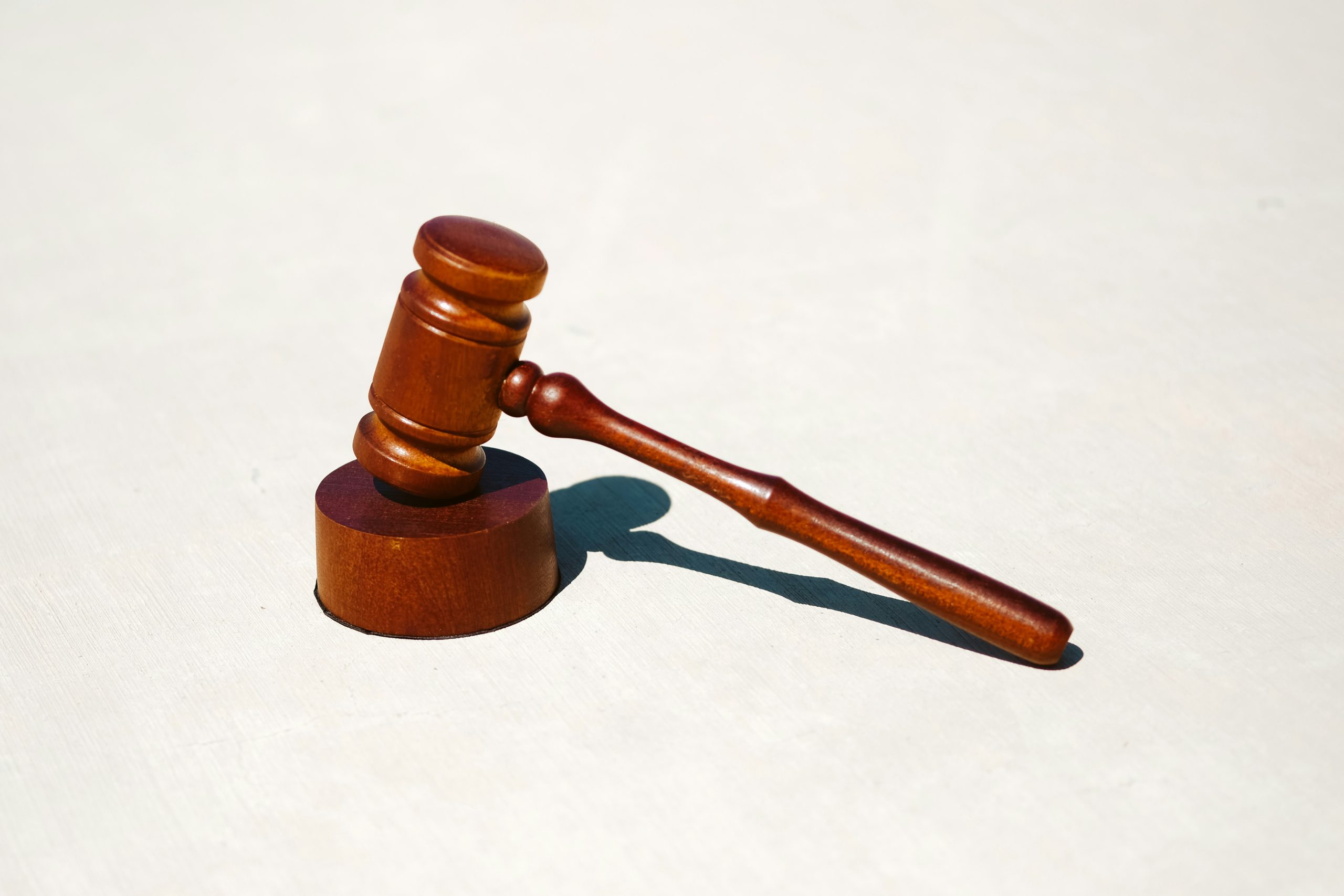What is Litigation?
Civil litigation is a legal dispute between two or more parties that, usually, seek economic damages or specific performance1, rather than criminal sanctions.
Lawyers specialising in civil litigation are known as ‘litigators’. Litigators represent parties in federal, state and local courts, tribunals, arbitrations and mediations. Litigation begins the moment someone decides to formally enforce or defend their legal rights.
Certain areas of litigation have evolved to become specialised, such as environmental law, family law, criminal law and personal injuries law.
Civil litigation and how it works
Civil claims arise out of disputes between two or more legal entities such as people, companies, governments etc. These claims usually follow certain steps, such as making a demand to pay money, fulfil a promise or rectify a broken agreement. If the demand is not met, a claimant usually proceeds with litigating a matter in a court or tribunal.
Court litigation generally follows certain steps. Therefore, if a matter is going to proceed through a court it generally starts with one party filing either a claim or an application. An application is usually filed when there is only a question of law that needs to be determined, whereas a claim is filed when the facts of a particular case need to be established before the question of law is discussed.
Who can be a party to civil litigation?
Deciding on who to sue is the first step in every proceeding. It should be noted that only a legal entity can be a party to a proceeding. For example, a person or a company are legal entities whereas trusts are not considered to be legal entities for the purpose of litigation. Thus, if a trustee incurs a debt whilst conducting the business of the trust, the trustee is personally liable for that debt.
Deciding on jurisdiction
Before commencing proceedings a claimant needs to decide which court or tribunal has jurisdiction to hear the matter. This can be a somewhat complex question, which may involve legal research and consultation with a legal professional. Different courts or tribunals have different jurisdictions and filing proceedings in a wrong jurisdiction can result in litigation proceedings being suspended, additional costs and other complications.
Court Claims
The first step in legal proceedings is filing of a Claim and/or Statement of Claim by a plaintiff in a court. The ‘plaintiff’ is the term usually used to describe a party starting a claim. After the Claim has been filed the plaintiff then has to serve it on the other party, usually referred to as a ‘defendant’.
The Claim will contain details of all parties and facts of the plaintiff’s claim
The usual steps followed in most jurisdictions are:
- Parties’ filing claims and defences, including counter-claims and set-offs;
- request for further and better particulars of the Claim or facts pleaded (if required);
- discovery/disclosure of relevant documents/evidence;
- the matter is then set down for a hearing or trial; and
- possibly an appeal.
Responding to the claim
After being served with the Claim the defendant has some time to respond to it. This is usually 28 days after the service, but it may vary between each jurisdictions.
After the service of the Claim the defendant can either:
- Dispute the Claim; or
- Accept the Claim; or
- Dispute some of the Claim, but accept a part of it; or
- Claim a set-off or counterclaim.
The Defence once filed is served on the plaintiff. The plaintiff’s address for service can be found in the Claim.
What happens if the claim is ignored?
If the defendant does not respond to the Claim within the time required, the plaintiff may request a judgment by default. This is judgment given without the need for a hearing. The plaintiff will usually also claim costs and interest. Once the judgment has been granted, the plaintiff can commence enforcement proceedings against the defendant for payment of the judgment debt.
Getting more details – request for further and better particulars of facts pleaded
Either party can request from the other party further and better particulars of the other party’s pleadings. This can be done after the Claim has been served on the defendant. However, usually due to the time constraints the defendant will seek particulars of the plaintiff’s facts after the Defence has been filed. Of course, the plaintiff may also seek further and better particulars of the defence. After the particulars have been provided the parties may amend their pleadings.
Disclosure of relevant documents or ‘discovery’
Disclosure is the stage of the litigation process when the parties are required to disclose all documents in their possession or under their control that are relevant to the Court action. This is because in civil disputes full disclosure of evidence is required by all parties. This stage usually occurs after the parties have finalised their pleadings. There are usually three (3) stages to the disclosure or discovery:
- The parties undertake a reasonable search for relevant documents;
- The list of documents is provided to the other party; and
- Requested documents are provided to the other party or inspection of documents.
At this stage the parties may also issue subpoenas to third parties seeking discovery of certain documents.
Expert witnesses
Expert witnesses are mostly used in more complex cases seeking an expert opinion to explain information that relates to a specified field. For example, the parties may engage accountants, engineers, doctors or other professionals to support their arguments. The experts usually provide expert reports. They are often required to appear at hearings as witnesses.
Asking questions before a hearing – ‘interrogatories’
In some cases the parties may file written questions in court requiring answers by the other side before the matter proceeds to trial. These are called ‘interrogatories’. The answer to these questions must be sworn and become part of the evidence before a judge when the matter is finally heard.
Notice to Admit
The parties may require the other side to admit certain facts in the pleadings. The effect of it is that those matters which are admitted do not need to be dealt with by formal evidence at the trial. This process saves time and expense at a hearing.
Setting the Court hearing date
Once all required steps have been completed one of the parties will usually seek that the Court sets the matter for a hearing. The matter will only be heard if the Court is satisfied that both sides have completed the required steps and adequately prepared their evidence for presentation to the Court.
Further reading

elringtons lawyers regularly provide legal advice in relation to a range of litigation matters. Please contact our Litigation and Dispute Resolution Team for more information or to make an appointment call (02) 6206 1300
- Sometimes a party may want to insist that the other party complies strictly with the contract that has been made. This is called requiring specific performance. (https://www.lawhandbook.org.au/2019_07_04_05_court_remedies/) ↩︎









